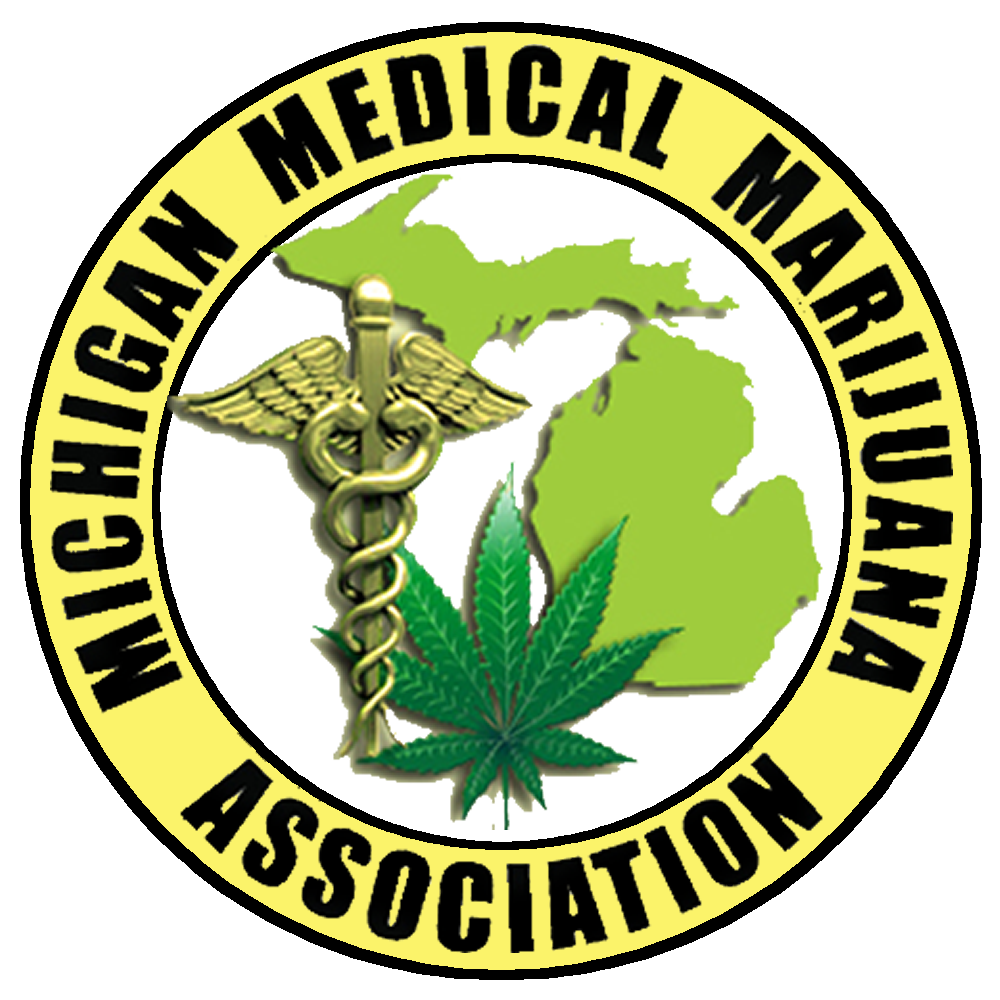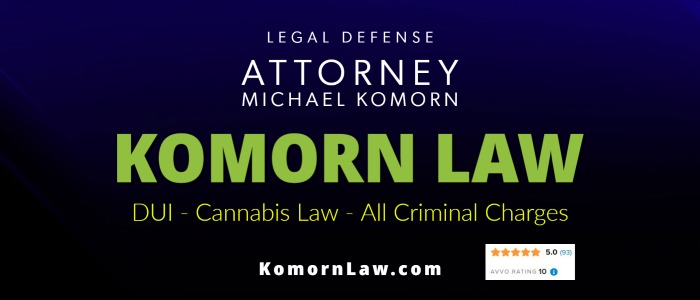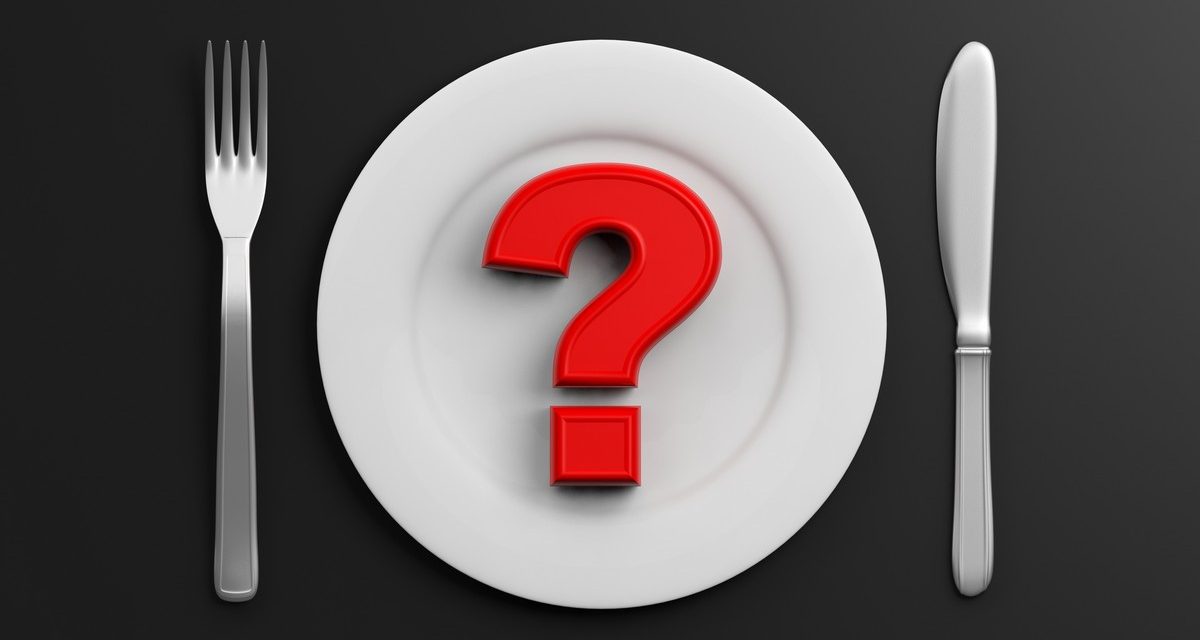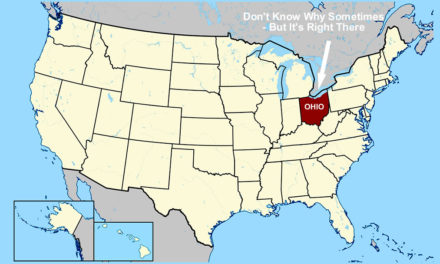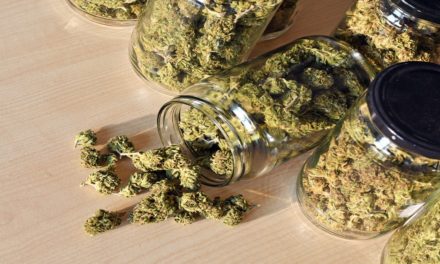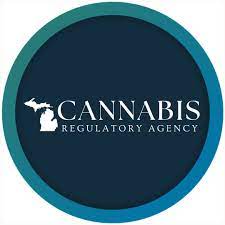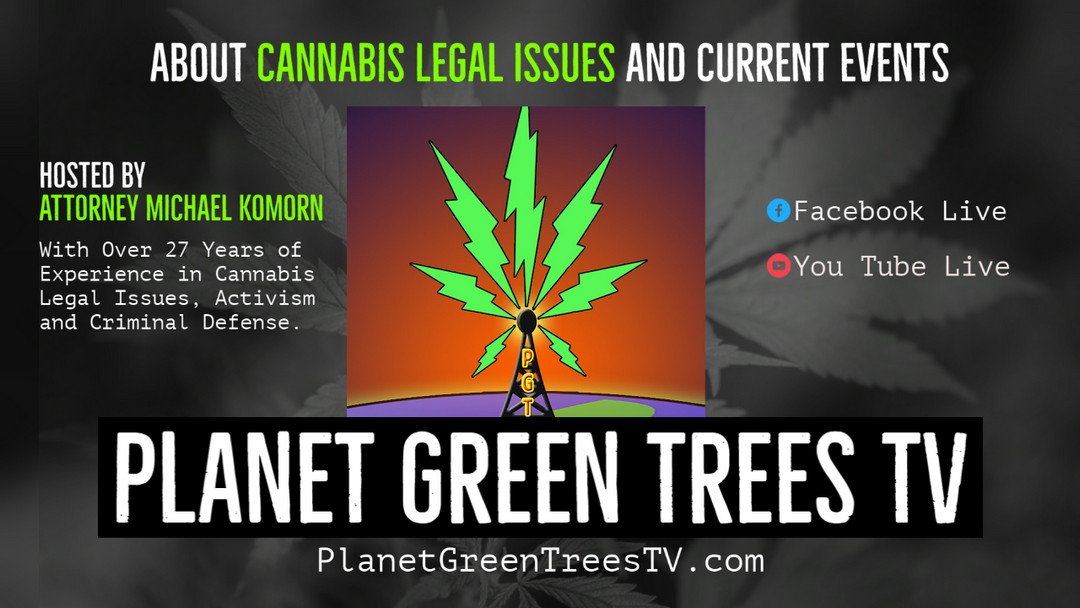Is it possible for someone to become addicted to marijuana?
Yes, about 1 in 10 marihuana users will become addicted. For people who begin using younger than 18, that number rises to 1 in 6.1-3 For more information visit CDC’s section on addiction or the National Institute on Drug Abuse’s pages on addiction science.
Is it possible to “overdose” or have a “bad reaction” to marijuana?
A fatal overdose is unlikely, but that doesn’t mean marihuana is harmless. The signs of using too much marihuana are similar to the typical effects of using marihuana but more severe. These signs may include extreme confusion, anxiety, paranoia, panic, fast heart rate, delusions or hallucinations, increased blood pressure, and severe nausea or vomiting. In some cases, these reactions can lead to unintentional injury such as a motor vehicle crash, fall, or poisoning.
How is eating and drinking foods that contain marijuana (edibles) different from smoking marijuana?
Because marihuana contains tetrahydrocannabinol (THC), there are health risks associated with using marihuana regardless of the how it is used. Some of these negative effects include having difficulty thinking and problem-solving, having problems with memory, learning and maintaining attention and demonstrating impaired coordination. Additionally, frequent use can lead to becoming addicted to marihuana. However, some risks may differ by the way it is used.
Smoke from marihuana contains many of the same toxins, irritants, and carcinogens as tobacco smoke. Smoking marihuana can lead to a greater risk of bronchitis, cough, and phlegm production. Whereas, edibles, which take longer to digest, take longer to produce an effect. Therefore, people may consume more to feel the effects faster. This may lead to people consuming very high doses and result in negative effects like anxiety, paranoia and, in rare cases, an extreme psychotic reaction (e.g. delusions, hallucinations, talking incoherently, and agitation).
LOOKING TO START A CANNABIS MICRO-BUSINESS ?
You’ll require legal guidance and consultation to get you licensed and keep you going.
Call Komorn Law 248-357-2550 or do your research and visit KomornLaw.com .
It’s what we do and what we’ve been fighting for over 25 years
It’s legal in many states, so doesn’t that mean marijuana is safe?
The fact that it’s legal does not mean that it is safe. Using marihuana at an early age can lead to negative health consequences.
- Heavy marihuana use (daily or near-daily) can do damage to memory, learning, and attention, which can last a week or more after the last time someone used.
- Using marihuana during pregnancy or while breastfeeding may harm the baby, just like alcohol or tobacco.
- Marihuana use has been linked to anxiety, depression, and schizophrenia, but scientists don’t yet know whether it directly causes these diseases.
- Smoking any product, including marihuana, can damage your lungs and cardiovascular system.
Does marijuana use lead to other drug use?
The majority of people who use marihuana do not go on to use other, “harder” substances.5 More research is needed to understand if marihuana is a “gateway drug” – a drug that is thought to lead to the use of more dangerous drugs (such as cocaine or heroin). For more on why visit risk of using other drugs.
Is it safe for a breastfeeding mom to use marijuana?
We do not yet know. Chemicals from marihuana can be passed to your baby through breast milk. THC is stored in fat and is slowly released over time, meaning that your baby could still be exposed even after you stop using marihuana. However, data on the effects of marihuana exposure to the infant or baby through breastfeeding are limited and conflicting. To limit potential risk to the infant, breastfeeding mothers should reduce or avoid marihuana use.
Why is marihuana spelled with an “h” instead of a “j”?
LARA’s Bureau of Marijuana Regulation (BMR) is frequently asked why marijuana is sometimes spelled with an “h” and other times is spelled with a ”j.” Both spellings – marijuana and marihuana – are acceptable. To avoid confusion, many in the industry refer to the botanical plant — cannabis. While the spelling with a “j” is more common today, you will still see Michigan law using the “h” spelling.
The spelling of marijuana has a long history in the United States. Michigan’s history primarily starts from the spelling that was chosen for the Marihuana Tax Act of 1937. Michigan adopted its statutory definition of marijuana in the Public Health Code, utilizing the then current federal spelling, marihuana.
As governing state laws spell marihuana with an “h,” BMR legal communication and references to statutes in relation to the Michigan Medical Marihuana Act or the Michigan Medical Facilities Licensing Act or the Michigan Regulation and Taxation of Marihuana Act – and the corresponding administrative rules will use an “h” in the spelling of Marihuana. In non-formal communication, “j” will generally be used.
An act of the Michigan Legislature would be required in order to change the spelling of marijuana in the Michigan statutes, such as the Public Health Code or the newer marijuana laws.
What are the effects of mixing marijuana with alcohol, tobacco or prescription drugs?
Using alcohol and marihuana at the same time is likely to result in greater impairment than when using either one alone. Using marihuana and tobacco at the same time may also lead to increased exposure to harmful chemicals, causing greater risks to the lungs, and the cardiovascular system.
Also, be aware that marihuana may change how prescription drugs work. Always talk with your doctor about any medications you are taking or thinking about taking and possible side effects when mixed with other things like marihuana.
How harmful is K2/Spice (synthetic marijuana or synthetic cannabinoids)?
Synthetic cannabinoids (e.g., synthetic marihuana, K2, Spice, Spike)—or plants sprayed with unknown chemicals—are dangerous and unpredictable. Synthetic cannabinoids are not marihuana, but like THC, they bind to the same cannabinoid receptors in the brain and other organs. Synthetic cannabinoids are also illegal in Michigan.
Research shows that synthetic cannabinoids affect the brain much more powerfully than marihuana creating unpredictable and, in some cases, life-threatening effects including nausea, anxiety, paranoia, brain swelling, seizures, hallucinations, aggression, heart palpitations, and chest pains. For additional questions around synthetic cannabinoids, visit CDC’s National Center for Environmental Health page on synthetic marihuana or the National Institute on Drug Abuse page on synthetic marihuana.
Can secondhand marijuana smoke affect nonsmokers, including children?
Secondhand marihuana smoke contains tetrahydrocannabinol (THC), the chemical responsible for most of marihuana’s psychological effects, and many of the same toxic chemicals in smoked tobacco. Smoked marihuana has many of the same cancer-causing substances as smoked tobacco, but there are still a lot of unanswered questions around secondhand marihuana smoke exposure and its impact on chronic diseases such as heart disease, cancer, and lung diseases.
Related
- 4 Chinese comrades operating $5 million cannabis grow near Tawas Michigan
- Taxes and School Policy in New State Budget
- Michigan lawmakers looking to revive “junk science” roadside drug testing
- No Sheet Sherlock
- You likely won’t be told if your weed failed mold test.
Tag Cloud
2020 2021 Adult Recreational Use Adult Use breathalyzer cannabis Cannabis Regulatory Agency Caregivers coronavirus CRA Driving drugged driving DUI Education educational Event Federal Hemp Lab Scandal LARA LARA-BMR Laws legalization Marijuana medical marijuana michigan Michigan Laws Michigan Legislature Michigan News MMFLA MMMA MRA MSP News Ohio Patients Recreational science taxes Traffic Laws USA USA News Viridis Labs world news Your Rights
